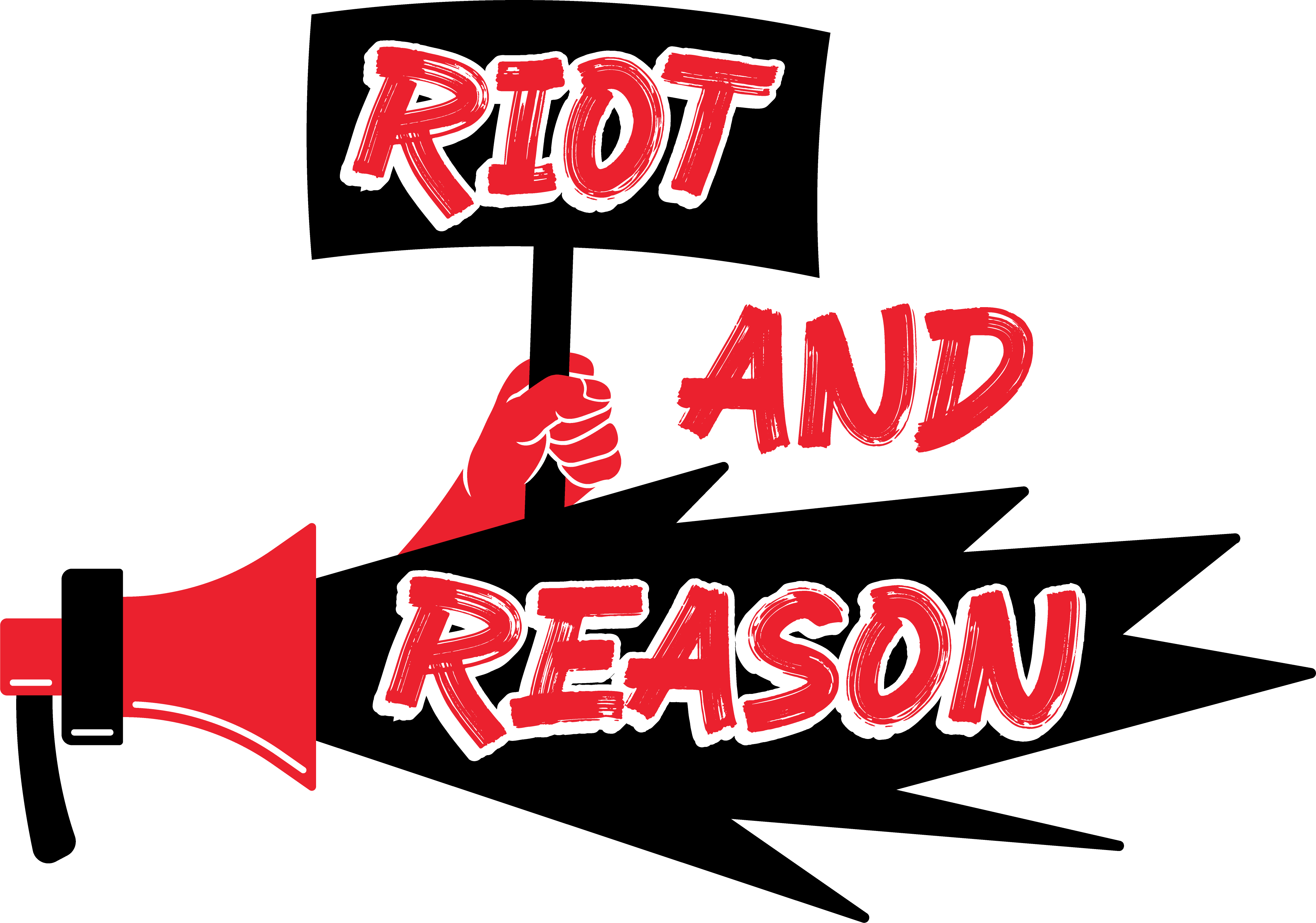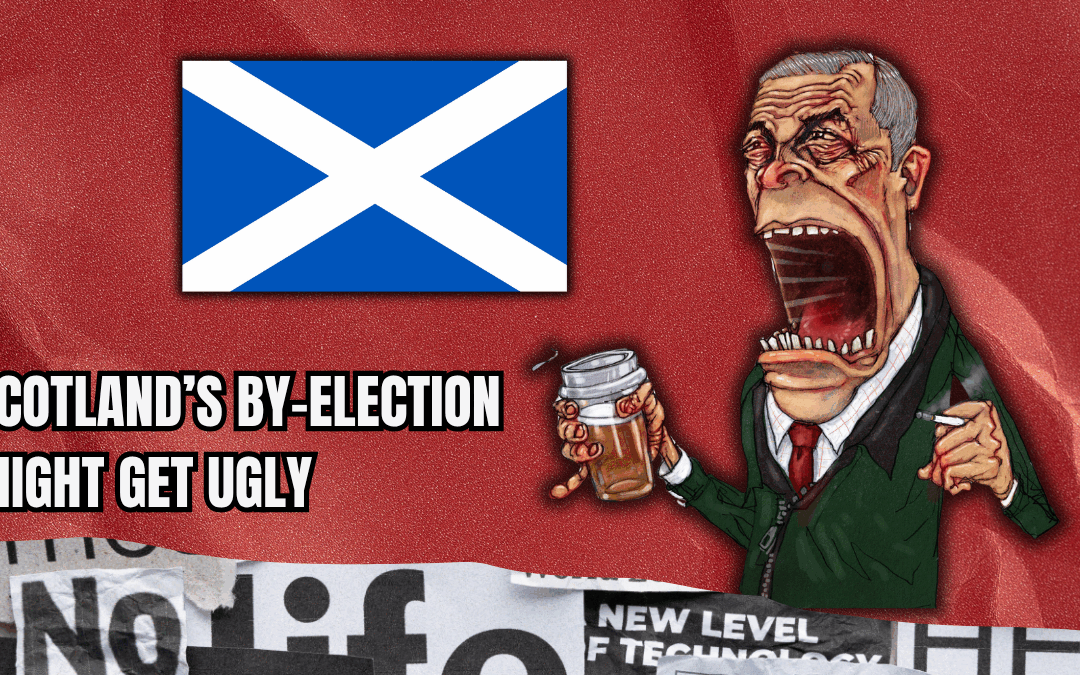
‘Dieting is the most potent political sedative in women’s history.’ – Naomi Wolf, The Beauty Myth.
Content warning: This article discusses dieting, eating disorders and body image. If you’re struggling or feel triggered by this topic, please consider whether reading on is right for you today.
When you’re trying to lose weight, it takes hold of everything.
You count calories like they’re sins. You check your body in every reflection. Every waking thought is about food – when to eat, what to eat, what not to eat.
There’s little room for dreaming when you’re hungry. There’s certainly no room for rage, resistance or anything beyond obsessive, panoptical self-surveillance.
And that’s the point. Behind a glossy facade of ‘wellness’ and ‘discipline’ is something far darker… control.
A now-classic study by Fredrickson and Roberts tested what happens when women are made hyper-aware of their bodies. Two groups were asked to try on different clothing before sitting a difficult maths test. One group wore a jumper and the other wore a swimsuit.
The results? The women in swimsuits performed significantly worse. And men’s scores were completely unaffected. The researchers argued that self-objectification – the internalised sense of being watched and judged – drains cognitive resources. You’re so busy thinking about how you look that you can’t think at all.
It’s not just about clothes. A 1995 study by Green and Rogers from the University of Bristol found that women who were actively dieting also performed worse in cognitive tasks than those who weren’t. Hunger consumes mental space and energy that could otherwise be used to speak, create, challenge or resist.
Diet culture doesn’t just say ‘be thinner.’ It says be smaller, be quieter, take up less room – mentally, physically, politically.
In The Beauty Myth, author Naomi Wolf says:
‘A culture fixated on female thinness is not an obsession about female beauty, but an obsession about female obedience.’
In her book, she describes the psychological impact of restriction – women becoming anxious, emotional and docile. Subjects of semi-starvation experiments became obsessed with food, emotionally unstable and unable to concentrate – not unlike the millions now glued to calorie-counting apps and ‘clean eating’ TikToks.
Let’s be clear: this isn’t about promoting any one body type or saying what size is healthy. It’s about recognising that a system obsessed with making women smaller doesn’t care about health at all. It cares about control and profit.
According to Beat Eating Disorders, 1.25 million people in the UK are estimated to be living with an eating disorder. That’s over one in every fifty people.
Social media has made thinness even more commodified. Detoxing, fasting – it’s all still just restriction, with prettier packaging.
Because diet culture is a capitalist dream. It sells you a problem – your body – then offers endless, expensive ‘solutions’: Detox teas, gym subscriptions, apps, coaching, surgeries, powders, pills. And when it doesn’t work, you blame yourself. Then you buy again: a flawless business model.
But the cracks are showing. Just last month, WeightWatchers – once the global face of diet culture – filed for bankruptcy. Ironically, this happened on ‘No Diet Day’. A symbolic fall for a business built on body shame, selling insecurity as self-improvement.

Thin supremacy feeds into white supremacy. The kind of slenderness that is culturally rewarded is modelled on the bodies of white women. Diet culture doesn’t affect everyone equally. The pressure to shrink and idealised body types is steeped in systems of oppression – white supremacy, patriarchy, ableism, classism and ageism. You can’t fight body oppression without fighting the other forces holding people down, too.
Resisting doesn’t always look like marching. Dr Charlotte Cooper, a psychotherapist and author of many books on fat liberation, says: ‘The possibilities for social change don’t begin and end with the placard or the petition.
There are many ways of participating in activism, and we need a multitude of approaches in order to make a better world. Taking up space in the world with your body can be a part of that project.’
Finding peace with your body is a radical act in a world that tries to keep you small.
Join the conversation – reach out to us on Instagram and tell us how diet culture has impacted your life. We want to hear your stories.
If you or someone you know is struggling with an eating disorder or disordered eating, you are not alone. There is help available:
Beat Eating Disorders
Website: www.beateatingdisorders.org.uk
Helpline: 0808 801 0677 (daily, 9am-midnight)
Youthline: 0808 801 0711







